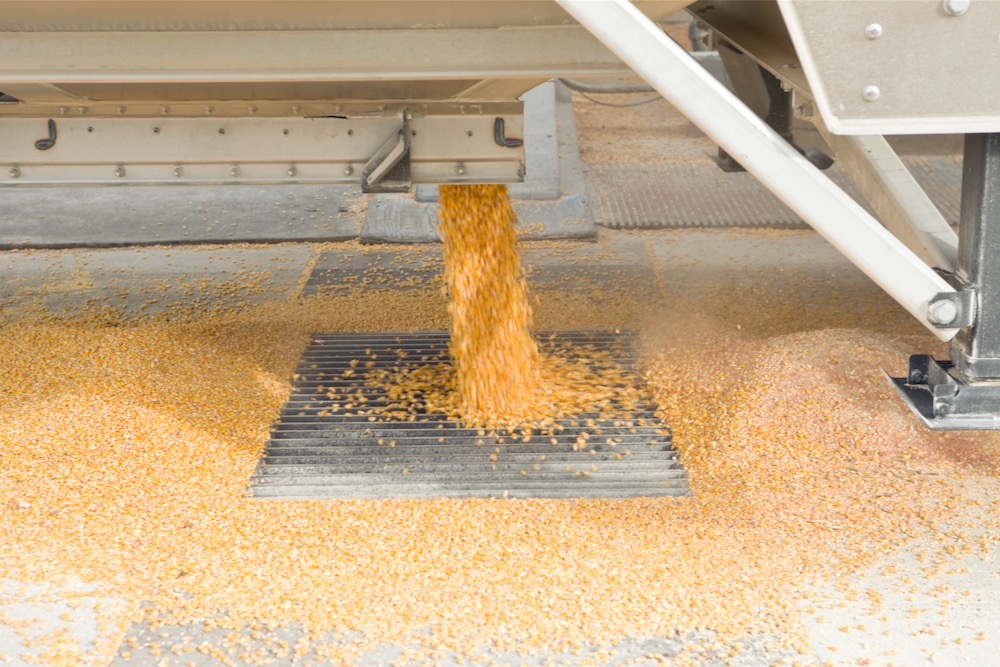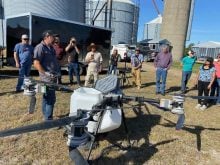Elevators and grain buyers have wet weather to thank for some relief when it comes to grain storage availability.
Despite a variety of storage and transportation challenges, elevator operators say they have not had to turn farmers away as was
feared in late summer.
Why it matters: Though space is still tight, elevator operators say the storage crisis anticipated before this harvest season has not occurred.
Read Also

New Iridium technology helps block GPS spoofing
A tiny new chip will allow Iridium’s Positioning, Navigation and Timing (PNT) signals to be received much smaller devices, create a backstop against Global Positioning Systems (GPS) spoofing.
“We’re measuring bins in terms of inches, not feet of space. We’re full but still nimble enough to keep moving,” says Don Kabbes, general manager for Great Lakes Grain.
“I think things are faring better than what was expected. We really felt things (were) going to back up but Mother Nature co-operated.”
For Great Lakes Grain, the addition of storage space in previous years has paid off, given the high yields and challenging logistics of the past year.
Tyler Denham and Andrew Dawson, merchandising manager for Snobelen Farms and grain merchandizer for Bacres Grain, respectively, also report their businesses have kept up with harvest volumes.
“We received a large corn crop, as expected, and have been able to manage through it,” says Denham, adding it’s possible smaller on-farm operations might have challenges.
“I assume some farmers will be leaving corn in the fields for a couple weeks as they make space in farm elevators.”
For Dawson, increases in the soybean basis have been another boon, helping to move a greater-than-anticipated volume of the crop. With a good portion of the corn crop in his region still in the field, however, he thinks outdoor storage will be a common sight.
“Movements are pretty tight. I expect that to probably continue as we get the last half, maybe last 40 per cent of this crop put away,” Dawson says.
“I’m having people call me who need to move dry corn… We’re not turning them away but going direct anywhere is challenging.”
The 2021 harvest season has featured additional challenges.
Kabbes says vessel space shortages in ports, the temporary and prescheduled shutdown of several ethanol facilities, and the initial glut of pre-existing grain crops forced elevators to perform “a bit of a juggling act” to keep everything flowing.















